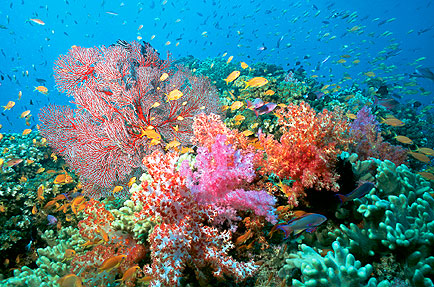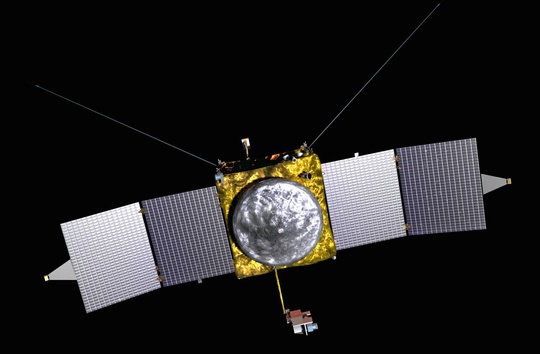 A Fragment Theory Of Deja Vu
A Fragment Theory Of Deja VuAll of us have experienced being in a new place and feeling certain that we have been there before...
 Ocean's Acidity Rising Much Quicker Than Expected
Ocean's Acidity Rising Much Quicker Than ExpectedpH is a very sensitive thing, and anyone who's ever had a fish tank knows this delicate cycle of...
 Giving You The "Slim-Down" On Your Thanksgiving Meal
Giving You The "Slim-Down" On Your Thanksgiving MealThanksgiving is just one of those pesky holidays that we justify our overindulgence. After all...
 Lack Of Exercise Causes Obesity, But What About A Lack Of Sleep?
Lack Of Exercise Causes Obesity, But What About A Lack Of Sleep?We all know that feeling of the Midnight Munchies, when you're watching your favorite movie on...
- « first
- ‹ previous
- 1
- 2
- 3
- 4














